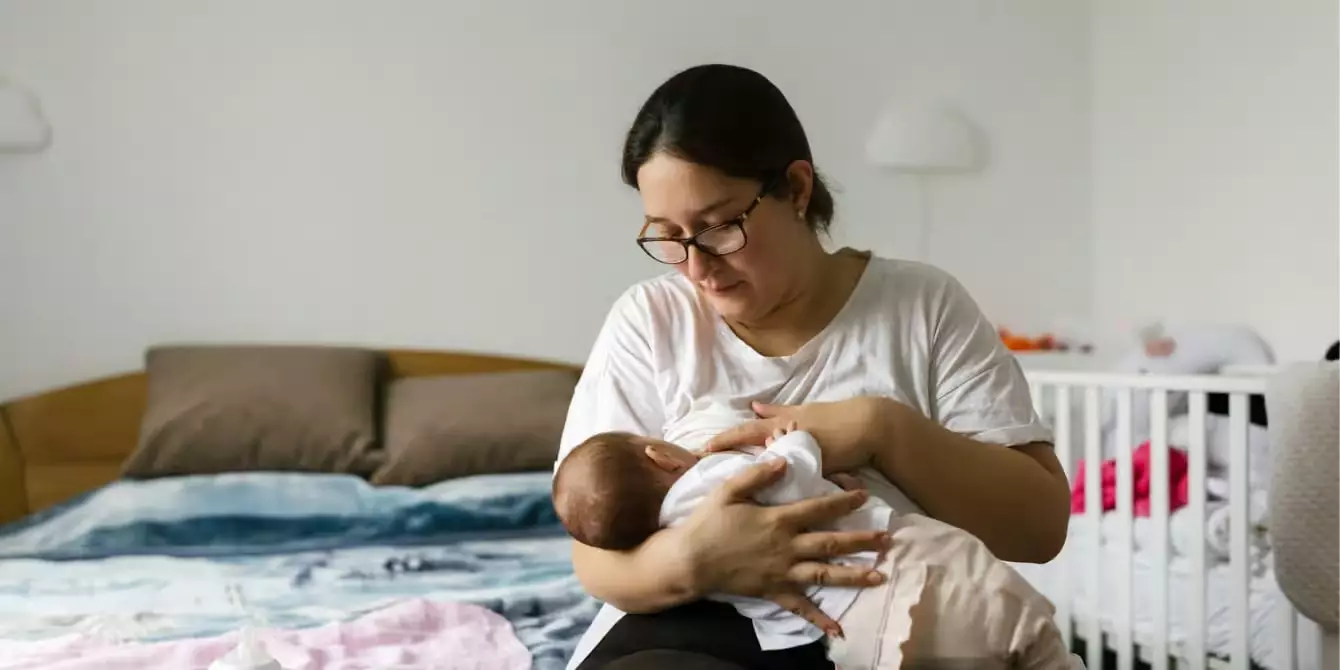The journey into motherhood is one of the most profound transformations a woman can experience, yet society often neglects to acknowledge the tumultuous emotional and physical toll it takes. The narrative shared reveals a universal truth: new mothers frequently fail to recognize their own beauty amidst the chaos. The image in the mirror, once a source of pride and identity, becomes a mirror of perceived inadequacy—stretch marks, scars, and exhaustion masking the resilient, powerful woman underneath. It’s essential to understand that these visible changes are symbols of survival and rebirth. Instead of viewing these signs of motherhood as flaws, women should celebrate them as markers of their strength and capacity to create life. The societal narrative tends to diminish this magic, instead focusing on unattainable standards of perfection, which only deepen self-criticism. By shifting our perspective and honoring the raw, authentic woman in the mirror, we enrich our understanding of motherhood as a journey of continual growth—both physically and emotionally.
Challenging the Inner Critic with Compassionate Reflection
The harsh self-judgment described in the article is a hallmark of postpartum culture, often fueled by unrealistic expectations ingrained through media and societal standards. Women are encouraged to bounce back swiftly, to shed their new weight, and to resume their pre-pregnancy lives without honoring the tumultuous period of adjustment. However, this internal dialogue fosters shame and pain that hinder genuine healing. It’s vital to actively confront and reframe this critical voice. Instead of berating oneself for the new stretch marks or the fatigue, mothers should embrace their body’s incredible ability to nurture and sustain new life. In doing so, they model a crucial lesson: self-compassion is not weakness but a foundation for resilience. Treating ourselves with the same gentleness, patience, and affirmations we show our children can transform the postpartum experience from one of shame to one of grace. Self-love during this period isn’t just a luxury; it’s a necessity for mental health and overall well-being.
The Role of Society in Nurturing Motherhood’s Authentic Beauty
Advocating for a more supportive societal framework is crucial. Society’s image of motherhood often skews towards idealization, ignoring the raw and messy reality that women face. The weight of unrealistic media portrayals blinds us from seeing the beauty in authentic motherhood—the tears, the exhaustion, the imperfections that come with new life. Instead of passively accepting these distortions, we should champion stories that celebrate the multifaceted experience of motherhood. This shift can foster communities where women feel safe to show their vulnerabilities without judgment, where imperfections are normalized and even revered as symbols of authenticity. Empowering women to see themselves through this compassionate lens can dismantle harmful societal pressures and create a richer, more inclusive understanding of what it means to be a mother. Genuine acceptance of ourselves as we are, in all our raw beauty, is not only liberating but also essential for creating lasting change.
Celebrating the Resilient Mother Within
The narrative encourages women to view themselves as “being born anew,” emphasizing the resilience and latent power that often go unnoticed. Motherhood is akin to a rebirth—an awakening of qualities like patience, courage, and unwavering love. While the physical transformations are prominent, it is the emotional metamorphosis that is truly extraordinary. Women become guardians of hope, carriers of life, and sources of unstoppable strength, often without recognizing it. These internal shifts deserve to be acknowledged as much as any physical change. Recognizing our own resilience can radically alter how we perceive ourselves, replacing shame with pride and self-doubt with confidence. The journey may be messy and disorienting, but within that chaos lies the foundation of a stronger, wiser woman. Mothers are not just nurturers; they are warriors who continue to evolve through every challenge, rewriting their own stories of worth and beauty with each passing day.
Fostering a Culture of Affirmation and Self-Love
Ultimately, the transformation that motherhood demands should be met with kindness, encouragement, and celebration. Society must foster environments where women are reminded of their intrinsic worth beyond their physical appearance or societal expectations. Building communities—online, in person, or within families—that prioritize affirmation and emotional support can be life-changing. Mothers need to hear regularly that their feelings are valid, their bodies are deserving of care, and their identities are continually evolving. Self-love is not a destination; it is a daily practice rooted in acceptance and gratitude. When women begin to see themselves as beautiful, powerful creators of life, they inspire their children to grow up with the same unconditional acceptance. This ripple effect of self-compassion enriches generations, transforming perceptions of motherhood from one rooted in sacrifice and scrutiny to one rooted in empowerment and authentic appreciation.
—
By shifting the narrative around postpartum transformation from one of shame to celebration, we empower women to embrace their authentic selves during one of the most extraordinary phases of life. Motherhood isn’t a loss of self—it is an expansion. Celebrating the power, resilience, and beauty of this journey, in all its messy, imperfect glory, is the key to fostering a more compassionate, understanding, and affirming culture for mothers everywhere.

